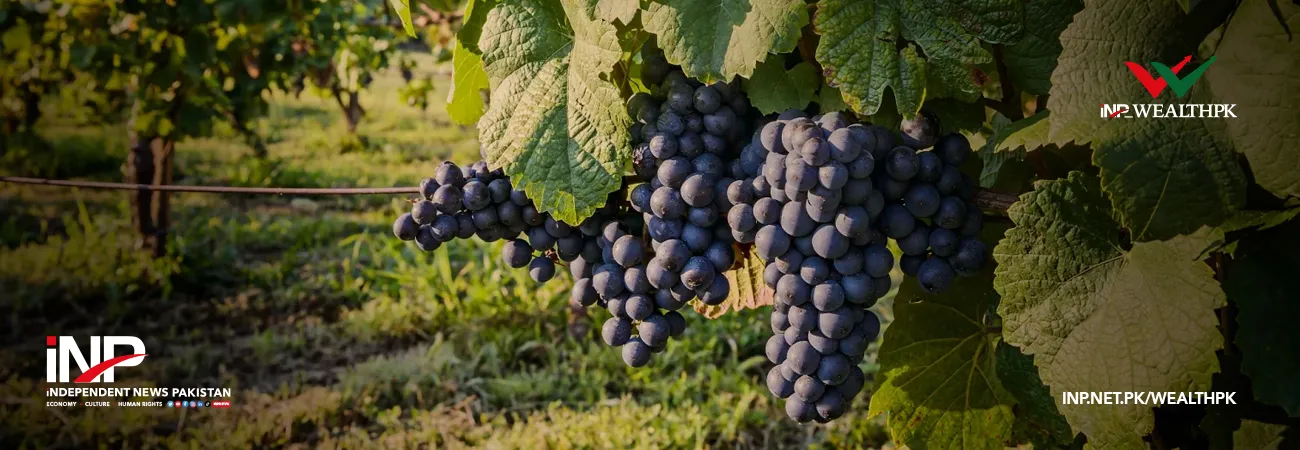INP-WealthPk
ISLAMABAD, July 01 (INP): The South Asia, being the hot spot for the future increases of food demand due to demographic growth and changing lifestyles may face even the severe consequences if no adaptation measures are taken, said participants of the three-day international workshop jointly organized by the Centre for Climate Research and Development (CCRD) COMSATS University Islamabad and the Potsdam Institute for Climate Impact Research (PIK), Germany in Islamabad. Scientists from the leading institutes from Europe (PIK, IIASA) and South Asian countries, INGOs, think tanks, research organizations in-depth deliberated on ensuring the food security in the region where already around 300 million people are undernourished, resulting in the largest numbers of food-insecure persons in the sub-continent. German Ambassador to Pakistan Mr. Martin Kobler, while inaugurating the workshop said, “Without concerted efforts by all the region’s stakeholders it would not be possible to tackle already mounting regional food security issue”. He emphasized technology transfer by the developed countries and engagement of women in research as need of the hour to combat the problem. Chief guest, Professor Dr. Raheel Qamar (T.I), Rector COMSATS University while addressing the workshop participants stressed the need to build strong collaborations both at institutional and country level between the developed and developing world may be of immense value to lessen the adversaries of climate change in already food insecure- South Asia. Presenting FAO’s approach to Water-Energy-Food Security Nexus, Ms Minà Dowlatchahi, FAO Representative in Pakistan said: “Understanding and managing the complex interactions between water, energy and food security is essential to cope with changing climate and for achieving the Sustainable Development Goals. The FAO approach to the Water-Energy-Food Nexus describes the complex and inter-related nature of our global resources systems with social, economic and environmental goals. Uptake of new technologies, changes in agricultural and water management practices by small holder farmers with concurrent actions to help conserve natural resources and protect our eco-systems will pave the way towards Food Security and the eradication of malnutrition in all its forms”. Workshop recommended that Research funding, on climate change monitoring and adaptation, may be enhanced to minimize the adversities of changing climate on agriculture. Moreover, efficient climate smart alternate crops/ technologies must be introduced / fine-tuned taking care of biodiversity, sustainability and profitability. Other recommendations by the workshop participants included; INP/SB/AK













